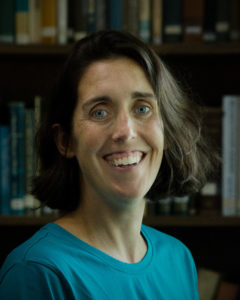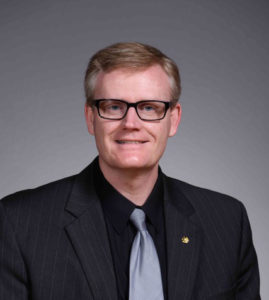Online Teaching, Online Learning
Welcome to the Wabash Center's blog series:
Online Teaching, Online Learning
Questions about teaching and learning online are common across higher education. This blog series explores questions about online teaching and learning. Ten bloggers explore such topics as community formation online, effective language instruction at a distance, online course design, diversity in online learning contexts, and so on.
Follow us on Twitter and Facebook to receive announcements of new postings.
Sign up for our eNewsletter to receive timely announcements of Wabash Center programs.
Select an item by clicking its checkbox
I distinctly remember what my husband said when he found me typing an email to a student in the middle of the night, the glow of my laptop illuminating my face in the darkness: “You need to set better boundaries.” Suffering from insomnia–whether it was in the late stages ...
In theological education, students who go to school online are frequently students who remain at home throughout their degree programs serving in faith communities they know well. This reality affects their formation and affects how teachers approach it. There are some advantages to the situation. As Elaine Ramshaw writes about ...
Course design in online learning juggles a range of factors to produce an effective learning environment. For instance, most of us who teach online must navigate the expectations of our institution. Maybe a requirement to adhere to some external standard, like Quality Matters, exists. Perhaps the learning management system defines ...
In 1998, the movie, You’ve Got Mail, cast an unlikely couple, played by Tom Hanks and Meg Ryan, who fell in love over email exchanges. The film brought to the big screen the unforgettable computer-voiced announcement “You’ve got mail.” The scenes were classic and represented many email users who ...
A pedagogical community consists of at least three elements: the student, the professor, and the subject. The intersection of these three elements has the potential to create what Parker Palmer (1998) calls “a community of truth.” In order to create this community of truth in an online course, the instructor has ...




